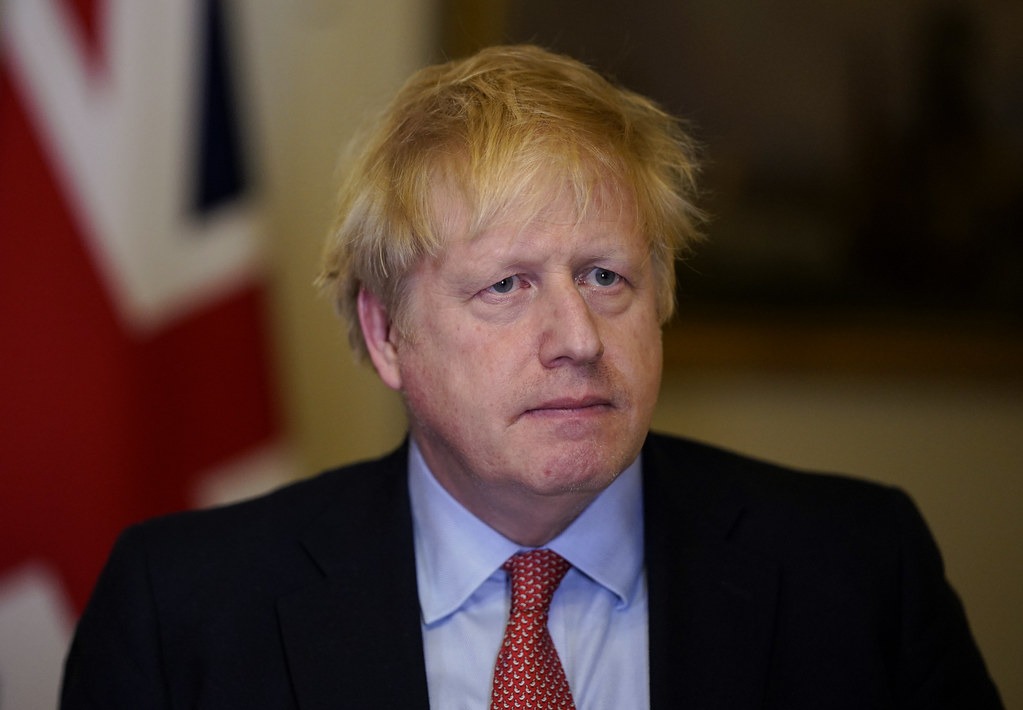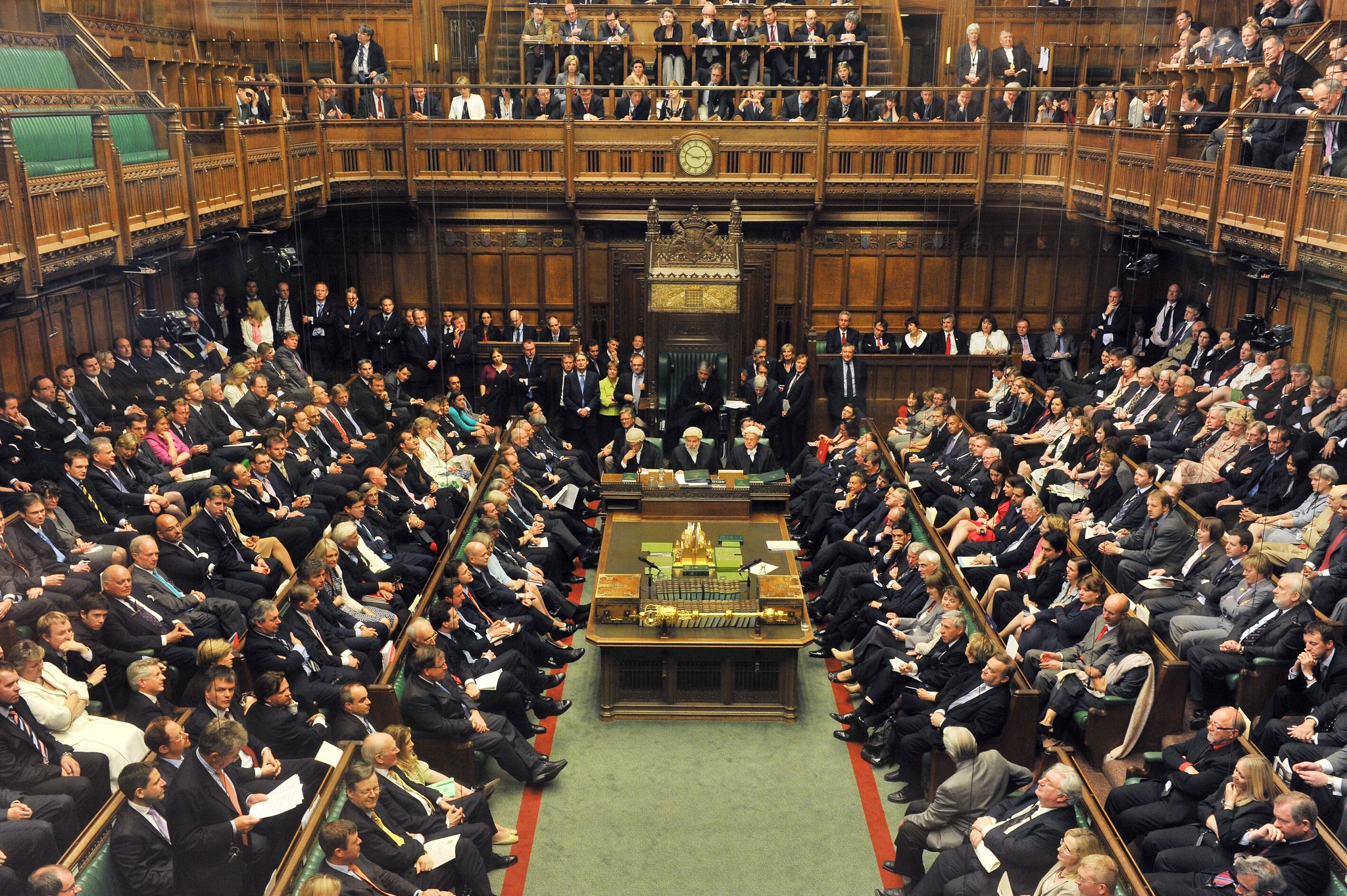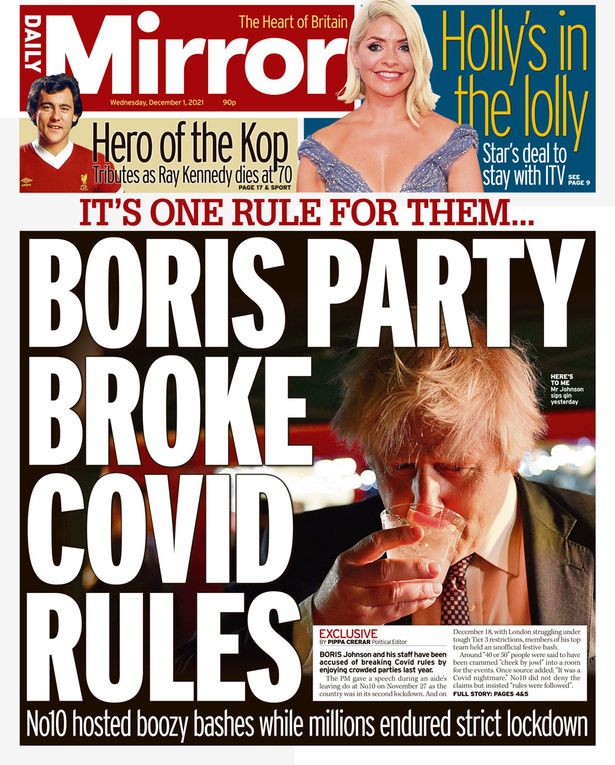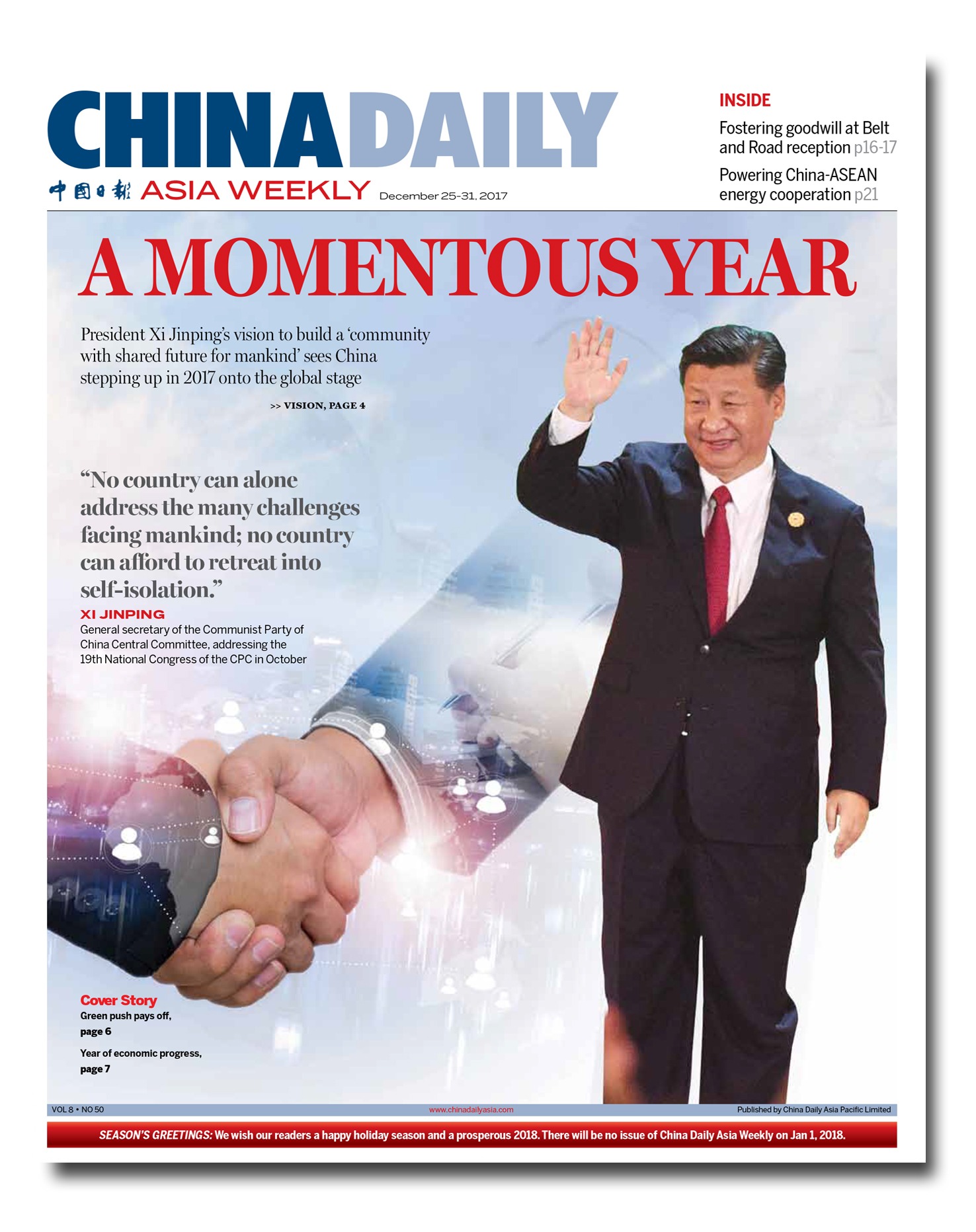Boris Johnson’s Ouster Is Democracy in Action

By Harry Clynch
Staff Writer
9/7/2022

Picture Credit: Number 10
In his famous book The English Constitution, Walter Bagehot argued that all successful constitutions need two parts: the dignified, and the efficient. Embodied in the monarch, and symbolized in Britain by the beauty of royal aesthetics, the dignified “excites and preserves the reverence of the population.” The efficient, by contrast, is the ugly bit. The proceedings of the legislature, as well as the often brutal (and always undignified) maneuverings of politicians, are described as those parts by which the constitution “works and rules.”
In Britain, the efficient and the ugly has certainly been on full display over the last week. Following a series of scandals related to Boris Johnson’s judgment, which began with misleading statements regarding parties held in Downing Street during the coronavirus lockdown and ended with his handling of a sexual misconduct complaint against a government minister, Conservative MPs finally turned on their man and hounded him out of his job. It was a bloody political spectacle, with Johnson facing the humiliation of over 50 ministerial resignations and making a desperate attempt to cling onto power.
Many have claimed that this is all rather embarrassing for Britain and its global image. Nicola Sturgeon, the First Minister of Scotland and leader of the Scottish National Party, said it was “farcical” and resembled “a badly written soap opera.” Prominent radio broadcaster James O’Brien suggested Britain was at risk of becoming a “failed state.” Tom Fletcher, who formerly served in the British diplomatic service, “shudder[ed] to imagine the reports that ambassadors in [the] UK are sending their capitals tonight.”
Many have claimed that Boris Johnson’s humiliating ouster is rather embarrassing for Britain and its global image.
Such rhetoric is as overblown as it’s misplaced. In reality, the events of the last week were simply the efficient in action, albeit in an especially brutal and undignified way. In real-time, we saw elected representatives move to hold the prime minister to account for his behavior and unceremoniously force his resignation. We saw what happens in a democracy when a prime minister makes too many mistakes and is caught obfuscating too many times. Isn’t that something to celebrate?

The British Parliament (Picture Credit: UK Parliament)
If you disagree, then it’s worth thinking about what the alternatives might look like. Chinese President Xi Jinping, for example, has committed acts far more heinous than Boris Johnson has ever done, but doesn’t need to worry about the messy realities of democratic politics. While there’s significant levels of anger in China over the lunacy of his zero-COVID policy, fury in Hong Kong over Beijing’s encroachment on its autonomy, and mass internment of Uyghurs in Xinjiang, Xi can sleep easy at night knowing his people are powerless. Indeed, he’s soon set to make himself president for life. He’ll never face the ignominy of mass resignations, or risk being turfed out of his palace in Zhongnanhai.
Whilst Xi Jinping has committed acts far more heinous than Boris Johnson has ever done, he can sleep easy at night knowing his people are powerless.
Boris Johnson, by contrast, won the biggest Conservative majority in over 30 years. His demise began barely two years later after he allegedly misled parliament about whether or not he’d had a few glasses of wine at an illicit office party. Shouldn’t we be glad we live in a democracy where prime ministers – no matter how powerful – ultimately serve at the pleasure of our elected representatives?
Understandably, much has been written about Johnson’s shaky relationship with the truth. Like many politicians on all sides of the spectrum, Johnson isn’t known for his honesty or frankness. Many pundits have catastrophized this and have diagnosed a state of “post-truth politics.” But we should count ourselves fortunate that we live in a society where lies are exposed. Dictators the world over are constantly doing terrible things. But in heavily censored environments, lies seldom come to light and leaders aren’t held to account even if they do.
Look at how Xi blocked Bloomberg in China, after the site published revelations that many of his family members seem to be significantly richer than they should be. Look at how Russian President Vladimir Putin can attempt to assassinate Alexei Navalny, before throwing him in prison for daring to challenge him politically. And let’s not get started on North Korea. Boris Johnson might wish he could have shut down the Mirror, which was responsible for publishing streams of “partygate” allegations. Thankfully, of course, he couldn’t. The events of the last week in British politics are nothing if not a testament to the power of our free press and the robustness of our parliamentary democracy.


Enemies of the free world like to characterize the drama and blood of democratic politics as a sign of weakness. Chinese state media has gleefully jumped on Johnson’s resignation, with the Global Times arguing that it “serves as an example of [a] dysfunctional, chaotic, and failing Western system.” Ayatollah Ali Khamenei of Iran said “the credibility of capital-driven Western democracy is being seriously questioned.” Maria Zakharova, spokeswoman for Russia’s Ministry of Foreign Affairs, stated that “what is happening now in Washington, London, Brussels, Paris, Berlin, and other Western capitals” is making “the whole world look at them as savages.” But this is propagandistic drivel. “Chaos” to China is the workings of a healthy democracy. “Credibility” to Iran means totalitarian control and a highly repressive political order. And if we in the West are “savages,” for running functioning democracies, then I’m not sure what that makes Russia and its friends.
The free world isn’t perfect, of course. There’s plenty to criticize Britain, and the West more generally, for. Our economies are stagnant and real wages have barely grown for years. Inflation is rocketing. Many fear that we’re heading for a recession. And that’s not to mention grave social problems, like rising rates of violent crime. It’s therefore odd that many people, in Britain and around the world, view our politics as being worthy of criticism and scorn above all else. Messy and undignified it may be at times, but, as the last week has shown, it gets the job done. Brits should be thankful we live in a country where we can watch a prime minister be booted out of office. Many would be jealous of that privilege.
Related posts:
